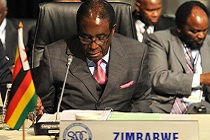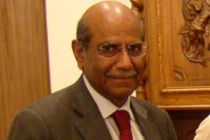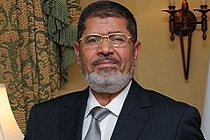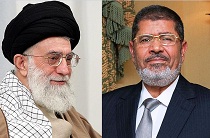Zimbabwe: The road to stability?
The ZANU-PF party’s recent victory in the elections in Zimbabwe is fraught with allegations of manipulation. Reactions have varied, but South African President Jacob Zuma has endorsed the outcome. How will Mugabe’s re-election impact relations with South Africa? What will be the impact on Zimbabwe’s economy?









